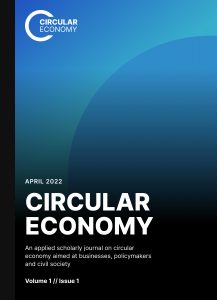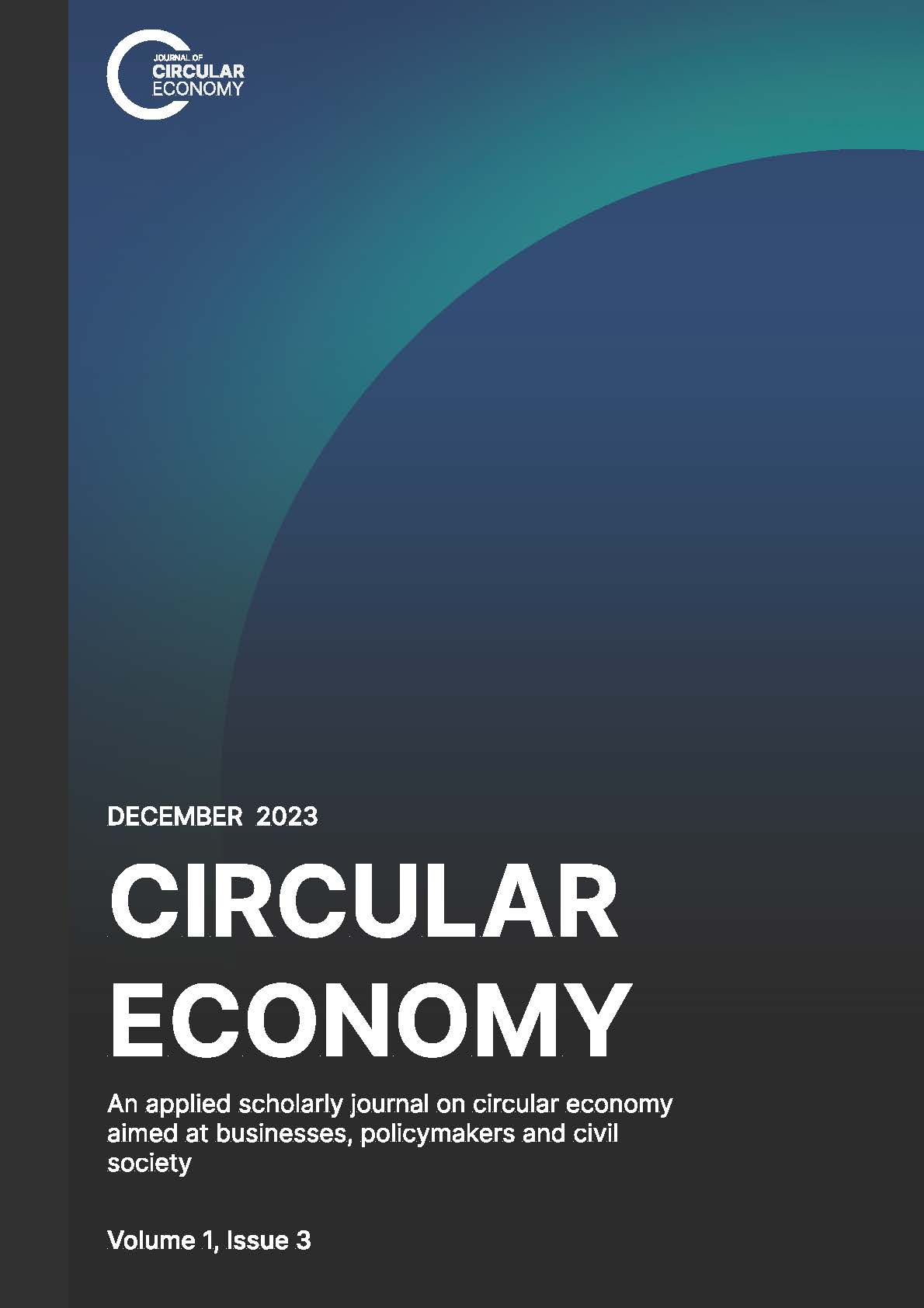Abstract
Keywords
References
Abdelwhab, A., Paris, L., Gunasekaran, A. (2019). Key factors influencing knowledge sharing practices and its relationship with organizational performance within the oil and gas industry. Journal of Knowledge Management 23(2). DOI:10.1108/JKM-06-2018-0394
Bayona, C., Huerta, E., Marco, T. (2001). Firms’ motivations for cooperative R&D: An empirical analysis of Spanish firms. Research Policy 30(8):1289-1307. DOI:10.1016/S0048-7333(00)00151-7
Brown, P., Bocken, N., Balkenende, R. (2019) Why Do Companies Pursue Collaborative Circular Oriented Innovation?. Sustainability, 11(3), 635. https://doi.org/10.3390/su11030635
Chesbrough, H. 2003. The era of open innovation. Management Review 44: 35-41
Drucker, P. (2006). Entrepreneurship and Innovation. Harper Business: New York.
De Vries, R., den Hooff, B., Ridder, J. (2006). Explaining Knowledge Sharing The Role of Team Communication Styles, Job Satisfaction, and Performance Beliefs. Communication Research 33(2). DOI:10.1177/0093650205285366
Eisenreich, A., Stuchtey, M., Füller, J. (2021). Open Circular Innovation: How Companies Can Develop Circular Innovations in Collaboration with Stakeholders. Sustainability 13(23).
Eisenreich, A., Füller, J. (2023). You Can’t Go Circular Alone – A Stakeholder Approach to Circular Innovation. Journal of Circular Economy. https://doi.org/10.55845/HKKE5160
Hurmelinna-Laukkanen, P. (2011). Enabling collaborative innovation–knowledge protection for knowledge sharing. European Journal of Innovation Management 8 (2).
Govindan K., Hasanagic, M. (2018). A systematic review on drivers, barriers, and practices towards circular economy: a supply chain perspective. Journal International Journal of Production Research. Vol. 56., 278-311
Konietzko, J., Bocken, N., Hultink, E.J. (2020). Circular Ecosystem Innovation: An Initial Set Of Principles. Journal of Cleaner Production 253. DOI:10.1016/j.jclepro.2019.119942
Kusa, R., Duda, J., Suder, M. (2021). Explaining SME performance with fsQCA: The role of entrepreneurial orientation, entrepreneur motivation, and opportunity perception. Journal of Innovation and Knowledge 6(4), 234-245. DOI:10.1016/j.jik.2021.06.001
Laursen, K., Salter, A. (2014). The paradox of openness: Appropriability, external search and collaboration. Research Policy, 2014, vol. 43, issue 5, 867-878.
Pinheiro, M. A., Delmonico, D., Santos, H., de Castro, R., de Souza, R. (2018). Waste management barriers in developing country hospitals: Case study and AHP analysis. Waste Management and Research. 36(1), 48–58.
Runiewicz-Wardyn, M. (2022). Open Innovation Ecosystem and Open Innovation Collaboration from the Perspective of the Polish High-Tech SMEs, Poltex: Warsaw
Faems, D, de Visser, M, Andries, P, Van Looy, B. 2010. Technology Alliance Portfolios
and Financial Performance: Value-Enhancing and Cost-Increasing Effects of Open
Innovation. Journal of Product Innovation Management 27 (6): 785-796.
Thakur, P., Wilson, V.H. (2023). Circular innovation ecosystem: a multi-actor, multi-peripheral and multi-platform perspective. Environment, Development and Sustainability, 1-24
Tura, N., Keränen, J., Patala, S. (2019). The darker side of sustainability: Tensions from sustainable business practices in business networks. Industrial Marketing Management, 77, 221-23.


